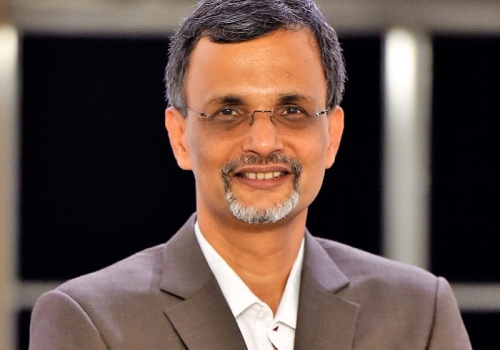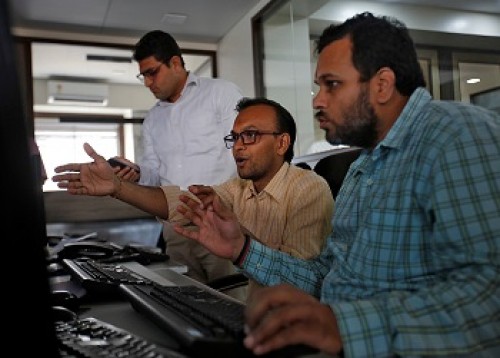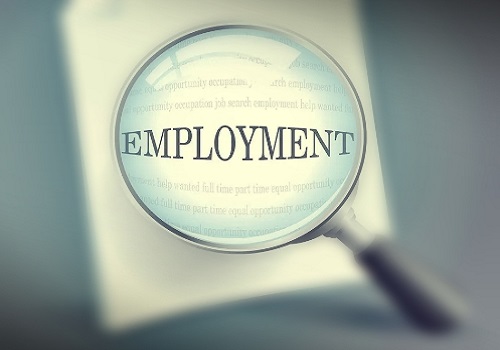India encountering global shocks with better household, corporate, financial sector balance sheets: CEA

Chief Economic Adviser (CEA) V Anantha Nageswaran has said that India is encountering global shocks with a position of strength backed by far better household, corporate and financial sector balance sheets and its medium term growth outlook is good. He said ‘Overall, all things considered, including the risk of oil price, I do believe that the external situation will be manageable, of course with some anxious moments to come.’
CEA further said that given all the short-term unknowns, it was better to focus on medium-term prospects and what lies ahead of the country in the next six years until 2030. He said ‘the medium-term growth outlook is actually constructive very simply because we have paid our growth dues last decade and that was because we had to undergo balance sheet repair in the financial and non-financial sector.
Talking on the high debt-to-GDP ratio, he said it is sustainable as India's macroeconomic fundamentals are strong. He said even in the ongoing global turmoil India's borrowing cost is lower than countries which have better ratings than India. He also said ‘India's bond yield has not really spiked up. It is doing better than countries that have better credit ratings than India. That tells us a little bit about the overall macroeconomic stability that is there under the current circumstances’.
Nageswaran also stated that the country's current account deficit could range between 3-3.5 per cent during the current financial year depending on evolving external factors. With regard to the medium term outlook for growth, he said it would be closer to 6.5-7 per cent rather than closer to 6 per cent taking a baseline scenario of oil under $100 a barrel. This growth would be largely driven by the capital formation and robust public digital infrastructure leading to formalisation of the economy.

















